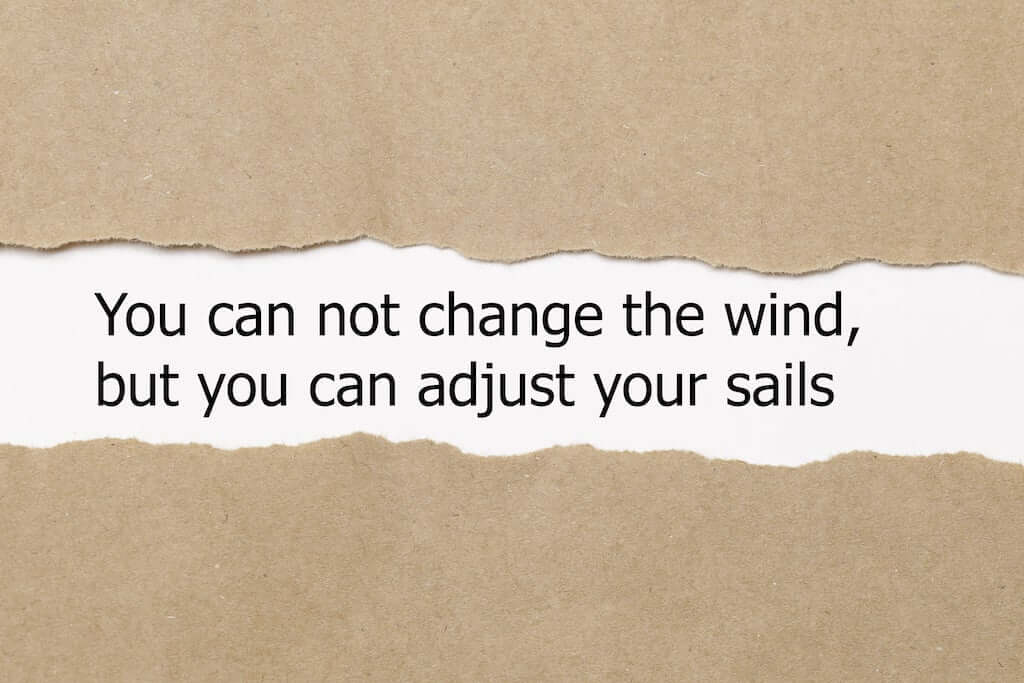Sustainable Caregiving Strategies
Strategy: Let It Out
It is crucial to be able to talk about the events that cause you stress. It is equally important that the act of sharing or venting is a release that makes you feel lighter, less burdened. The key is to locate a listener who gets what you are going through, someone who has been through a similar experience. Regular practice of venting, worked into your routine, will help prevent the stressors from creating layers of trauma that will add to the overwhelm. One or more of the options below can offer an opportunity to unload, receive essential validation, connect, and know that you are not alone.

Support groups:
Support groups can offer the opportunity to connect with a variety of caregivers who can relate to the challenges and the stresses of caregiving. It is important to locate a support group that is a good fit for you. There are disease specific support groups, grieving support groups and more general options. There are links to some of these groups on the resources page. A second key is to be open to the fact that you will receive the best support from someone who has experienced a similar impact due to caregiving. For example, if you loved to travel and can no longer travel due to increasing care responsibilities, support and validation will come from someone who has been impacted in a similar way.
Professional:
A professional such as a counselor, therapist, clergy member, or a caregiver coach may be a good option, but as with many aspects of caregiving, trial and error will lead you to the best solution for your situation. It is important to find a good fit and it may take working with a few different people before you find the best fit.
Friend or relative:

A friend or relative who has cared for a family member might offer support that feels supportive. Venting to someone who has not had a similar experience can leave us feeling worse rather than better after expressing our frustrations and worries. When we don’t feel heard or understood, the negative emotions such as guilt, anger and resentment can intensify. If someone has not been in a similar situation, they likely won’t get it and simply can not relate to the complexity of caregiving.
Social media:
There are free Facebook support groups for caregivers and each has a unique focus such as caring for elderly parents, dementia, caring for children with special needs, and more. These groups offer an opportunity to share specific challenges and receive advice. They allow you to glance at the difficulties others are facing, know that you are not alone, and benefit from the advice given by the other members. You may reach out to members for advice, use the opportunity to share what has worked for you, or just offer empathy to another who is facing a familiar struggle. On the other hand, reading about the struggles of other caregivers and the comments may cause more overwhelm. As with all stress-relieving resources, a tool may serve you well during certain segments of the caregiving journey and during other segments, may need to be set aside for later consideration.
Journaling:
Keeping a journal will enable you to process the complexities of caregiving, the emotions, the fear, the confusion. It can help you capture the fun and funny moments. You will have a record of the experience, a travel journal that documents the caregiving journey. It will shine a light on the growth and how far you have traveled. The opportunity to reflect can help you stay focused and productive during a time when both focus and productivity fluctuate from minute to minute. You will be able to look back at this time and remember what it felt like, what it looked like, how you spent your time.
“I don’t journal to ‘be productive.’ I don’t do it to find great ideas or to put down prose I can later publish. The pages aren’t intended for anyone but me. It’s the most cost-effective therapy I’ve ever found.”
Tim Ferriss
Motivations for journaling may differ. Journaling thoughts and exploring them with curiosity and objectivity can be therapeutic. Self-reflection through caregiving can be healing as it provides raw self-awareness. B. Lynn Goodwin shares that while caring for her mom, she used her journal as a place to put her anger. Support groups did not work for her, but journaling did. She began coaching family caregivers in the journaling process and saw many start from a place of anger or frustration and move to a place of grace through their writing. In her words, she “wanted others to have a safe place where they could dump the outrage, where they could write and know it’s not true as they’re writing it.”
Lynn does not read her journals from that time in her life. Many of us can relate. We feel shame about these emotions and a journal is a safe place to store them. You may decide to read your journals and look back with self-compassion. The clarity that comes from distance may help you better understand the challenges and the strong emotions that resulted.
Caregiving changes us. We grow stronger. At times, we feel like we will break, but we don’t. We may not see our growth as it is happening. We develop skills and superpowers. We learn resilience and become wiser. A record of this transformation will be a powerful reminder of our strength. Journaling is one way to lean into the overwhelm of caregiving, of social distancing, of life. In addition to stress reduction, journaling helps us with problem-solving and working through disagreements with others. This is foundational to sustainable caregiving and is a crucial piece of self-care while caregiving.
Seamless Practice

Reflect:
- How do you currently release your frustrations?
- How do you feel after you share the challenges, the difficulties?
- What options have you considered and not yet tried?
- If you were to keep a journal of your caregiving journey, what would it look like? Would it include anecdotes, an exploration of the emotions, poetry? Would it be hand written, typed, kept on an app, photos, video?
Journal:
- The negative emotions are normal and natural and very painful. Begin to identify and explore the negative emotions that come to the surface throughout the day.
- Write about a challenging episode and describe how you felt before, during, and after the interaction? Reflection may provide a different perspective or helpful insight.


Apply:
- If you are currently using a method to vent that is working well, incorporate it into a routine, and protect the practice with boundaries so that you are consistently letting it out.
- If you have not yet found an effective method of venting, select one of the options in the lesson and begin to experiment to discover what works best for you so that you achieve a release and feel empowered.
- Choose a journal and begin to record your caregiving journey.
